Automating Your Data: The Key to Better Decision-Making
By Regina Rodrigues|11 May 2023

In today's data-driven world, the success of a business is heavily dependent on its ability to make quick and informed decisions based on accurate data. With the vast amounts of data being generated every day, manual processing can quickly become overwhelming and error-prone. This is where data automation comes in. Data automation is the process of automating the collection, processing, and analysis of data to streamline decision-making.
In this article, we'll explore the benefits of data automation and how it works to provide companies with the insights they need to make better decisions.
Automating Your Data with ETL Tools
When it comes to automating your data, one of the most effective ways to do it is through the use of ETL tools. ETL stands for Extract, Transform, Load, and it refers to the process of extracting data from various sources, transforming it into a standard format, and loading it into a target database or data warehouse.
Benefits of using ETL tools
With ETL tools, you can automate the entire data integration process, from extracting data from different sources to transforming it into a format that can be used for analysis and loading it into a target database or data warehouse. Let's look deeper into the benefits of using ETL tools for data automation:
-
Improved data accuracy and consistency: ETL tools can help ensure that your data is accurate and consistent across different systems. By automating the data integration process, you can reduce the risk of human error and ensure that your data is always up-to-date and reliable.
-
Increased efficiency and productivity: With ETL tools, you can automate repetitive and time-consuming tasks, such as data extraction, transformation, and loading. This can free up your team's time to focus on more strategic tasks, such as data analysis and decision-making.
-
Enables real-time decision-making: By automating your data, you can make sure that your data is always up-to-date and available for analysis. This can enable real-time decision-making, allowing you to respond quickly to changes in the market and make better-informed decisions.
-
Reduces manual errors: With ETL tools, you can reduce the risk of manual errors that can occur when manually integrating data from different sources. This can help improve the accuracy and reliability of your data, leading to better insights and more informed decisions.
Overall, automating data processes can improve decision-making by ensuring data accuracy, increasing efficiency, and enabling real-time insights. In the following sections, we'll explore some of the ways businesses can automate their data and the benefits they can achieve.
Popular ETL tools available on the market
There are several popular ETL tools available on the market, each with its own strengths and weaknesses. Some of the most popular ETL tools include:
- Daspire
- Fivetran
- Airbyte
- Talend
- AWS Glue
These ETL tools vary in terms of their capabilities, ease of use, and cost. When choosing an ETL tool, it's important to consider your specific needs and requirements, as well as factors such as scalability, reliability, and support. We have written an extensive article comparing two of the most popular tools: Daspire and Fivetran.
Key Considerations When Automating Your Data
Automating your data can provide significant benefits for your business, but it's important to consider several key factors before selecting an ETL tool or implementing an automation strategy.
Data quality and reliability: Ensuring the accuracy and consistency of your data is crucial for effective decision-making. When selecting an ETL tool, consider features like data profiling, cleansing, and validation to ensure the quality and reliability of your data.
Data privacy and security: With the increasing importance of data privacy, it's crucial to choose an ETL tool that supports encryption and data masking to protect sensitive information. Additionally, consider compliance with data regulations such as GDPR and CCPA.
Integration with existing systems and processes: It's important to choose an ETL tool that can integrate with your existing systems and processes seamlessly. This ensures a smooth transition to automated data processing and avoids disruption to your operations.
Scalability and flexibility: As your business grows and data volumes increase, it's important to choose an ETL tool that can scale with your needs. Additionally, flexibility in data source compatibility and customizability can ensure that your automation strategy can adapt to your changing needs.
Cost and ROI: Choosing an ETL tool that fits your budget and provides a good return on investment is essential. Consider the cost of the tool, implementation, and ongoing maintenance, as well as the potential benefits of increased efficiency and productivity, improved decision-making, and reduced errors.
Best Practices for Successful Data Automation
Automating data can bring numerous benefits to a company, but it requires careful planning and execution to be successful. Here are some best practices to keep in mind:
Define clear goals and objectives: Before embarking on any data automation project, it's important to define clear goals and objectives. This includes identifying the specific data sets to be automated, the desired outcomes, and the key performance indicators to measure success.
Involve stakeholders in the automation process: It's essential to involve all relevant stakeholders in the automation process, including business leaders, IT teams, and end users. This ensures that the automation solution aligns with the company's strategic goals and meets the needs of all users.
Ensure data accuracy and reliability: Automating data doesn't guarantee accuracy and reliability. It's crucial to ensure that the data being automated is accurate and reliable, as poor quality data can lead to incorrect decisions and costly mistakes.
Implement proper data privacy and security measures: Data privacy and security should be a top priority when automating data. It's important to implement proper security measures, such as data encryption and access controls, to protect sensitive information from unauthorized access.
Continuously monitor and evaluate the automation process: Data automation is an ongoing process that requires continuous monitoring and evaluation to ensure its effectiveness. Regularly review the automation process to identify any issues or areas for improvement, and make necessary adjustments to optimize the automation solution.
By following these best practices, companies can successfully automate their data and achieve better decision-making through accurate and reliable data insights.
Conclusion
Data automation is an essential aspect of modern decision-making, providing businesses with accurate and consistent data in real time, improving efficiency and reducing errors. In this article, we discussed the benefits of automating data, how to do it using ETL tools, and key considerations to make before automation. Additionally, we discussed best practices for successful data automation, including setting clear goals, involving stakeholders, ensuring data accuracy, and continuously monitoring the automation process. By implementing data automation best practices, businesses can streamline their decision-making process and gain a competitive edge.
Start your free trial
14-day free trial | No credit card required | Start right away



